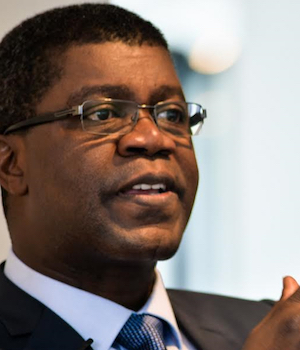Africa: The Cradle of Mathematical Sciences
P5) Africa: The Cradle of Mathematical Sciences
In his address, Thierry Zomahoun will emphasize that history matters. Storytelling sets the tone for global perceptions of reality, which in turn influence the behavior of one group of people towards another.
The late Ivan Van Sertima, associate professor at Rutgers University, once poignantly wrote that “the nerve of the world has been deadened for centuries to the vibrations of African genius.” A quick perusal of history leaves one with the sense that sub-Saharan Africa has not made any meaningful contributions to modern mathematics and science. The vast majority of discussions on the origins of science include only the Greeks, Romans and other Western populations.
In fact, evidence shows that most of those discoveries came thousands of years after similar African developments. From the Nok civilizations of West Africa to the Buganda in the East, from the Great Kongo people of central Africa to the Mutapa Empire in the South, Africa is home to the world’s earliest form of mathematical thinking and the first known use of measuring and calculation, confirming the continent as the birthplace of both basic and advanced mathematics. While the remarkable black civilizations of Egypt remain alluring, there was sophistication and impressive inventions throughout ancient sub-Saharan Africa as well. Numerous discoveries in architecture, medicine, engineering and astronomy originate from the continent.
Attitudes towards Africans’ contributions to mathematical sciences will only change once the story that is generally told is corrected. The narrative must be adjusted. Africa is indeed the cradle of humanity. Zomahoun argues that it is also the birthplace of mathematical sciences, and that this is the continent’s single biggest contribution to humanity.

